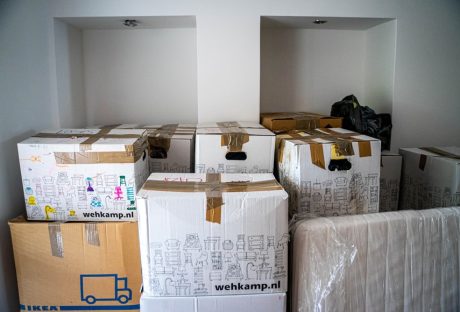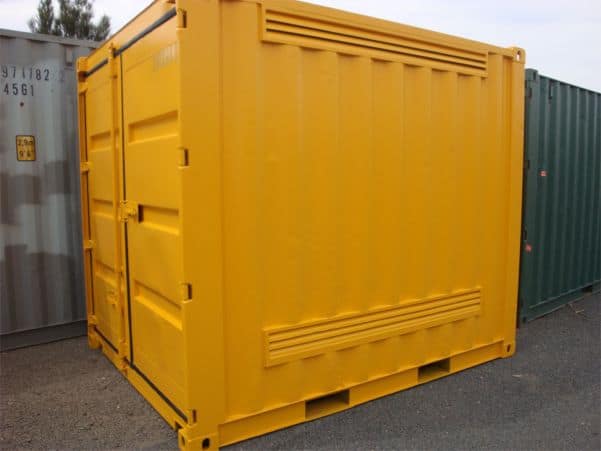Ontario Is a one of a kind province that many fall in love with the moment they arrive. You won’t want to look away from the gorgeous Toronto beaches to the beautiful Niagara Falls, as this province gets the most out of every season.
Whether you’re moving from outside of the country or a Canadian looking for a fresh start, these are some of the most important things to know when relocating to Ontario.
Not Every City is As Expensive as Toronto

The struggle between Vancouver and Toronto over the most expensive city in Canada has been going on for over twenty years. Because of this, when many people think of Ontario, their mind goes to Toronto before anything else, to the point that many non-Canadians falsely assume this city is the nation’s capital!
Thankfully, not all of Ontario is as expensive as real estate in Toronto. Although you can still find pockets of sites like Ottawa that are pricey, most are affordable and easy to make work for your needs. Of course, if you want to move to Toronto, even if you’re on a tight budget, you can make it work by finding enough roommates!
Find a Job Before You Move Out
It’s a good idea to land a job before moving to Ontario. Although the job market is hot in most of its cities, there are jobs in everything from communications to banking, to the arts.
Landing a job before you move out allows you to avoid having to go through the struggles of finding work when you first arrive. Get to know the job market, consider your options, and try to find work before even planning your move.
Consider Transportation Before Picking a Location
A surprisingly large number of young Canadians don’t own cars or want driver’s licenses. Although this is shocking to many older generations, a lot of it is thanks to the public transit that many cities offer and the rideshare apps that allow people to easily get in transit without investing in a car.
If you don’t want to drive, or you want to limit your commute, consider this carefully when picking a place to live. Most large cities in Ontario have awesome public transit, but it’s a good idea to map out your commute before settling on a home.
Save Three Months of Expenses
Save up before you move! Even if you have a job lined up, almost a third of workers quit their job within the first three months of working there, which may mean you end up in a business you don’t want to work in and have to change plans quickly.
Having these savings will give you a safety net to fall back on.
Ontario is a Fantastic Province With A Lot to Offer Anyone
Home to the capital of Canada and also the most diverse city on Earth, Ontario is built to surprise and delight anyone who considers moving here. Of course, some areas are expensive, but there’s so much to do and see here and countless jobs to grab that Ontario can feel like a paradise compared to any other province.
Read Also:
- Is Real Estate Investment Trusts A Good Career Path? REITs Pros And Cons
- 4 Benefits Of Taking North Carolina Real Estate License Classes Online!
- Here Are a Few Reasons Why You Should Use Real Estate Farming Postcards to Increase Visibility of Your Business
- The Best Areas Of Palm Springs Real Estate To Find A Luxury Condo
























